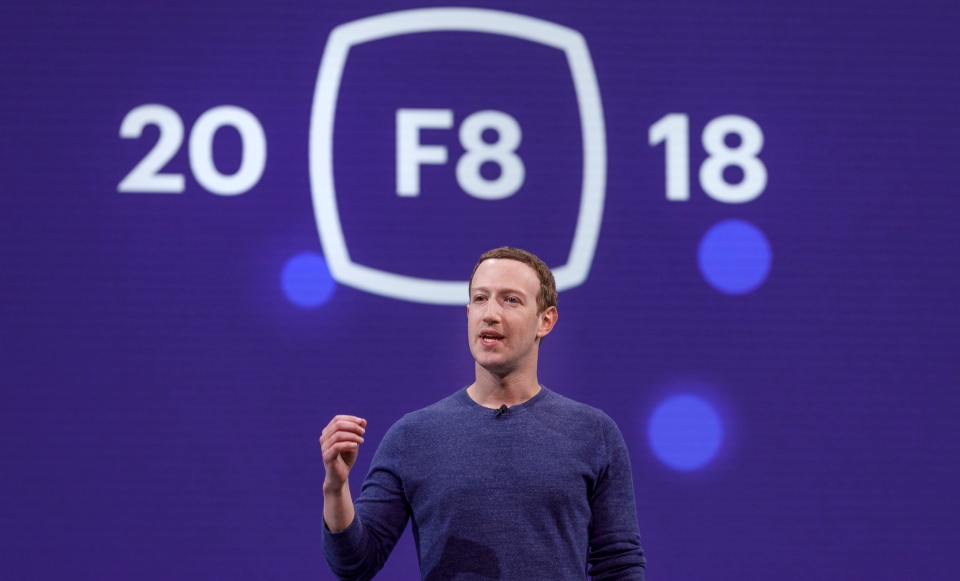The report of an independent investigation to unravel the mystery behind data analytics firm, Cambridge Analytica (CA), harvesting over 87 million Facebook users data have been made public.
The investigation reveals SCL Elections, parent company of CA entered into two contract agreements with Cambridge University Professor Aleksandr Kogan’s firm, Global Science Research (“GSR”) that developed the ‘This Is Your Digital Life’ personality quiz app with which the over 87 million Facebook users data was harvested.
According to the investigation report, the first contract refers to the provision by GSR to SCL of a core sample of 2 million individuals in 11 states in the USA; the information to be provided in respect of the individuals consisted of the name, the gender, birthday and/or location.
Also, according to the report, in the second contract, which superseded the first contract, GSR agreed to supply SCL with a copy of 30 million records of demographic data, in return for a payment of £200,000.00.
“The second contract gave SCL the right to acquire the modelled derivative ‘personality data’ developed by GSR, with some of the underlying demographic data (including Facebook ‘Likes’), that GSR collected as part of the initial research project. In the Addendum, the total consideration for this work was increased to £233,000.00,” the report read.
However, the investigation reveals, contrary to the over 87 million Facebook users data reported to have been compromised, GSR only delivered to SCL personality models for around 26 million individuals, instead of models for 30 million users, as envisaged by the second contract.
TheNewsGuru finds that this large figure was achieved because GSR was able to collect data in respect of the Facebook friends of each survey participant, if the privacy settings of the friends, allowed for this.
Using the OCEAN scores for the survey participants, Professor Kogan was able to build a model for predicting the likely OCEAN scores for the Facebook friends, whose data had been collected. This was done by attributing similar scores to those individuals with similar Facebook “likes”.
“This data was predictive data, not established data from the survey (that is to say, derivative data),” Julian Malins Q. C. and Linda Hudson stated in the investigation report, while also stressing that “The suggestion that is currently circulating in the media, that the data of 87 million users was provided by GSR to SCL is not correct”.
The report, however, states that “It is simply not known by SCL or CA how many users’ data was actually harvested by GSR from Facebook, whether 50 million, or, as now suggested, 87 million. All that can be said by SCL or CA is that GSR delivered data on 26 million individuals in the 11 relevant states of the USA, to SCL”.
Meanwhile, the same report confirmed Israeli intelligence involvement in the 2015 presidential elections in Nigeria.

